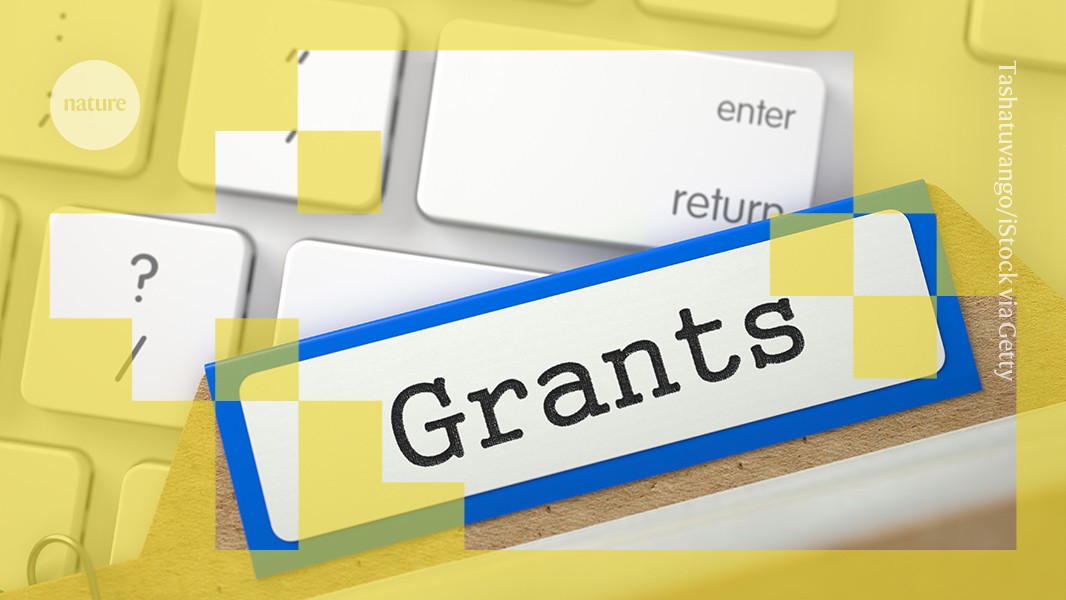
"The foundation, which will distribute €105 million (US$123 million) in research funds in 2025, uses the AI tool to sift through hundreds of applications to its annual flagship biomedical-funding programme, which offers three-year grants of up to €1 million. By training the model on successful applications from previous years, La Caixa says it can find and advance proposals that have the best chance of success more efficiently."
"The AI-assisted review scheme has run for three years. In this year's funding round, the algorithms highlighted 122 applications from a total of 714 as having a low chance of success. This decision was checked by two human reviewers, who rescued 46 applications initially flagged for rejection by the AI system. The remaining 76 were rejected. Of the 638 proposals then sent to specialists for peer review, just 34 were funded."
""It is difficult to find good reviewers, and if they have a big workload they won't do it," Bouzón-Arnáiz says. "We are taking away proposals that have no chance of being finally selected." The move was partly prompted by reviewers who said they were often sent low-quality and immature proposals to assess, she adds. The foundation's shift towards using AI algorithms is the latest attempt by funders to address an ever-increasing burden placed on peer reviewers."
La Caixa Foundation in Barcelona uses a model of three AI algorithms to screen biomedical grant proposals and identify those with low chances of selection. The system was trained on successful past applications to prioritize proposals with higher likelihood of funding. In this year's round, 122 of 714 applications were flagged as low chance; two human reviewers reinstated 46 of those, leaving 76 rejected. Of 638 proposals sent for specialist peer review, 34 received funding. The AI screening aims to reduce reviewer workload and remove low-quality or immature proposals, but human oversight still rescues some flagged applications.
Read at Nature
Unable to calculate read time
Collection
[
|
...
]